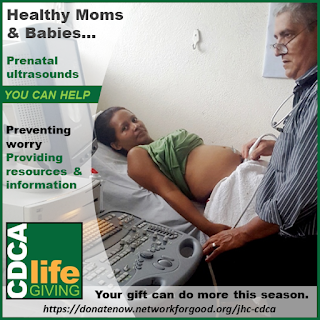¡FELIZ AÑO NUEVO!
Paul’s family is truly a global family… parents and one brother in Ireland, brother in Germany, sister in Britain, this sister in New Zealand, and Paul in Nicaragua. They manage to get together at least every other year. It is extraordinary.
When Sarah’s parents went to Taiwan as Presbyterian missionaries, they said goodbye to their families for five years. She and her family returned to the States on freighter ships only every five years.
Times have changed for most of us. Except for Paul, we all try to see our families at least once a year. Our children and their families come here, to Nicaragua, once a year and we try to get to them another time. We have email, video chats, what’s app, and we feel in-touch. I don’t know if I could do this work without all the wonders of today’s technology available.
Our Nicaraguan staff have smart phones, video and what’s app messaging, and calls with their loved ones abroad, while perched beside the park to use its free wifi, but they rarely see their distant family. Even some staff members, whose family live in-country but hours away, only see their family over Christmas when the CDCA shuts down and they take a bus to go visit. Their families cannot afford the bus fare to come see them.
This is one aspect of poverty… the loss of family connections… and connections with friends when they’ve moved away. This loss is something we learned about while running shelters in the U.S., and we see here… it is an aspect that most of us who are wealthier don’t ever think of.
So, as you gather with friends and family to welcome in the New Year, remember those who are separated, especially because of poverty. And may we all have a…
Happy New Year!
-Kathleen
Note: Our December newsletter is out… in your mailbox and email, so please share it and our blogs! You can also access it here:
















































